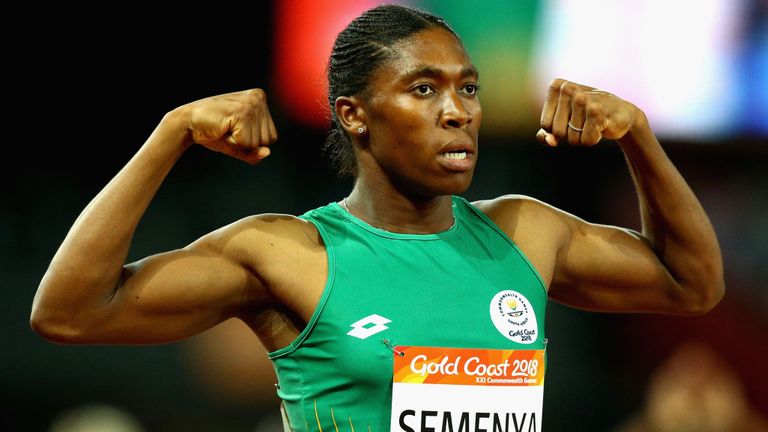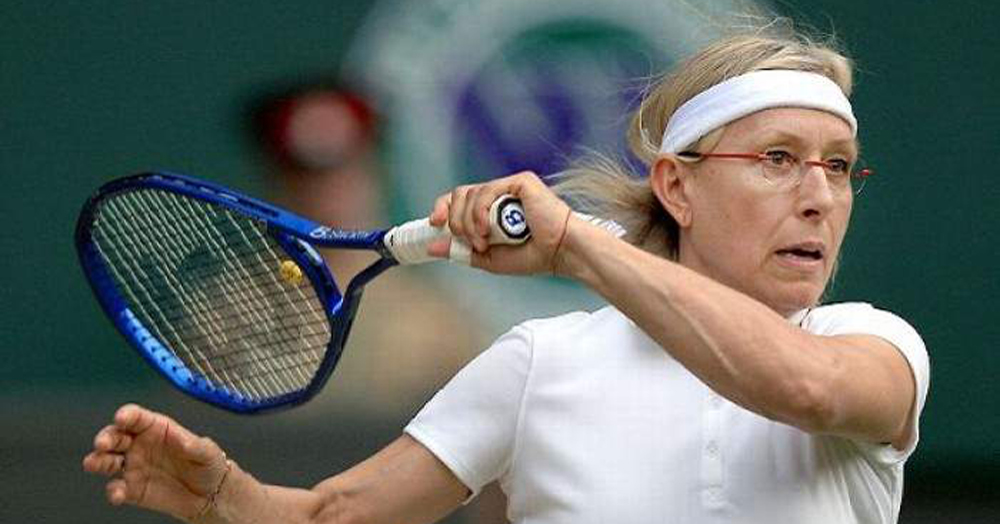The former Wimbledon champion Martina Navratilova has been criticised for making transphobic comments after arguing that it is “insane and cheating” allowing transgender women to compete in women’s sporting tournaments.
Navratilova first drew criticism from equalities activists and transgender athletes when she tweeted in December: “You can’t just proclaim yourself a female and be able to compete against women. There must be some standards, and having a penis and competing as a woman would not fit that standard.”
Navratilova also states that “It’s insane and it’s cheating. I am happy to address a transgender woman in whatever form she prefers, but I would not be happy to compete against her. It would not be fair.”
Social media was disturbed and upset by her comments and stated: “If trans women had an advantage in sport, why aren’t women winning gold medals left, right and centre?”
Under guidelines introduced by the International Olympic committee in 2016, trans men are able to compete without restrictions, but trans women must have their testosterone level below a certain cut-off point for at least one years before competing.
Navratilova says that “simply reducing hormone levels – the prescription most sports have adopted – does not solve the problem, a man builds up muscle and bone density, as well as a greater number of oxygen-carrying red blood cells, from childhood.”
There is an Olympic 800 meter champion Caster Semenya from South Africa, who is being challenged by the sport’s international governing body, the International Association of Athletics Federations (IAAF), they want to make the races fairer by getting athletes with hyperandrogenism to take medication to lower their male hormone level.
Semenya’s challenge to the IAAF testosterone rules for female athletes which began on the 14 February at the court of arbitration to sport (CAS), where she appeared to fight for her rights to compete freely with reducing her testosterone levels and without taking any unnecessary medication.

Last year Semenya made a statement, where she announced that she would fight the rules: ‘It is not fair. I just want to run naturally, the way I was born.’
The IAAF has questioned Semenya’s gender for a while now, they have previously asked Semenya to undertake gender testing by athletics chiefs, but the results have not been made public.
Semenya’s lawyer made a statement, where he said: ‘Her case is about the rights of women such as Ms Semenya who are born as women, reared and socialized as women, who have been legally recognised as women for their entire lives, who have always competed as women, and who should be permitted to compete in the female category without discrimination.’
The IAAF has intended to bring in new rules on 1 November 2018, but they have postponed a decision to 26 March 2019 to wait for the outcome of the legal challenge from Semenya. According to the rules that will be out in March, the athletes will have to keep their testosterone levels below the prescribed amount for at least six months before competing.
© 2019 GCN (Gay Community News). All rights reserved.
Support GCN
GCN is a free, vital resource for Ireland’s LGBTQ+ community since 1988.
GCN is a trading name of National LGBT Federation CLG, a registered charity - Charity Number: 20034580.
GCN relies on the generous support of the community and allies to sustain the crucial work that we do. Producing GCN is costly, and, in an industry which has been hugely impacted by rising costs, we need your support to help sustain and grow this vital resource.
Supporting GCN for as little as €1.99 per month will help us continue our work as Ireland’s free, independent LGBTQ+ media.
